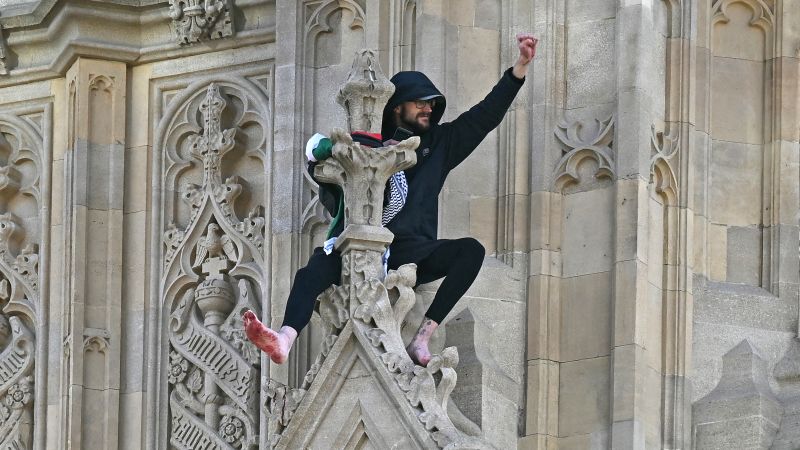Faylyn Beyale: Inspiring a new generation of Native Americans through golf – NCAA.org

A $5,000 USGA IDEA Grant recently awarded to the First Tee-Four Corners youth development program is not just an investment in golf but a bridge to opportunity for Native Americans growing up on the Navajo Reservation. At the heart of this initiative is Faylyn Beyale, an elite Navajo golfer and lead coach for First Tee-Four Corners, who is using her own journey to inspire the next generation.
A standout golfer at Western New Mexico, Beyale finished as high as 22nd in the Division II Women’s Golf Championships during her collegiate career, but her path to success in golf was far from typical. Her love for golf blossomed thanks to a relative who introduced her to the game. Now, as a PGA professional who understands the challenges young Native American athletes face, she is paying it forward.
“I see a lot of myself in these kids,” Beyale said. “And I strive to help them realize that golf could be their gateway to new opportunities. Just as it opened doors for me, it has the potential to take them places they might not have imagined. Some of them have that same spark and drive, and I want to help them recognize and nurture that potential.”
The USGA IDEA Grant will help ease accessibility challenges for the children served by First Tee-Four Corners, based in Kirtland, New Mexico. With the grant, the group plans to provide transportation for field trips to golf courses for students from Title I schools on the Navajo Reservation. These outings will allow the kids to experience the game firsthand, bridging the gap from classroom fundamentals to real-course experiences.
Fresh from a win at the Native American Open at Santa Ana Pueblo in New Mexico, Beyale sees this as a chance to blend cultural pride with sporting excellence. Her vision is to inspire Native American youths to pursue golf as a tool for growth, confidence and new opportunities. The grant will also support educational elements, such as introducing STEM topics related to golf, to spark curiosity and engagement beyond the sport.
Tina Pacheco-White, in her sixth year as executive director of First Tee-Four Corners, recognizes the importance of this funding.
“We’re making huge progress, and the USGA grant is a great way for us to keep that progress going, to get this kind of exposure. It’s just been great,” Pacheco-White said.
The USGA’s commitment to breaking down barriers in golf aligns with the values of First Tee-Four Corners. Lynn LaRocca, director of brand and marketing for the USGA, emphasized the importance of grants like IDEA in supporting underserved communities.
“IDEA has been in place for the past four years,” LaRocca said, noting that IDEA stands for inclusion, diversity, equity and accessibility. “Our goal is to make the health benefits of the game of golf accessible in underserved populations.”
As a founding partner of First Tee, the USGA directs $200,000 annually toward local programs that help build up young people and address the barriers that many face at this critical entry point into the game.
For more information, visit usga.org or firstteefourcorners.org.
Mark Wagner is the author of “Native Links: The Surprising History of Our First People in Golf” (Back Nine Press). He is the founding director of the Binienda Center for Civic Engagement at Worcester State.
Related
5 Things I Never Play Golf Without: David Dusek
Our 11-handicap equipment writer always brings his favorite divot repair tool, a portable speaker and some high-tech gear to the course.As long as the weather i
Donald Trump’s golf course wrecked by pro-Palestine protesters
Pro-Palestinian protesters have vandalized parts of U.S. President Donald Trump's golf course in Scotland in response to his proposal for the reconstruction of
Man holding Palestinian flag scales London’s Big Ben hours after…
CNN — Emergency services were called to London’s Palace of Westminster on Saturday a
EPD: Drunk driver parked car on golf course
EVANSVILLE, Ind. (WFIE) - Evansville police say they arrested a man after finding him drunk in his car that was parked on a golf course.Officers say they were c











